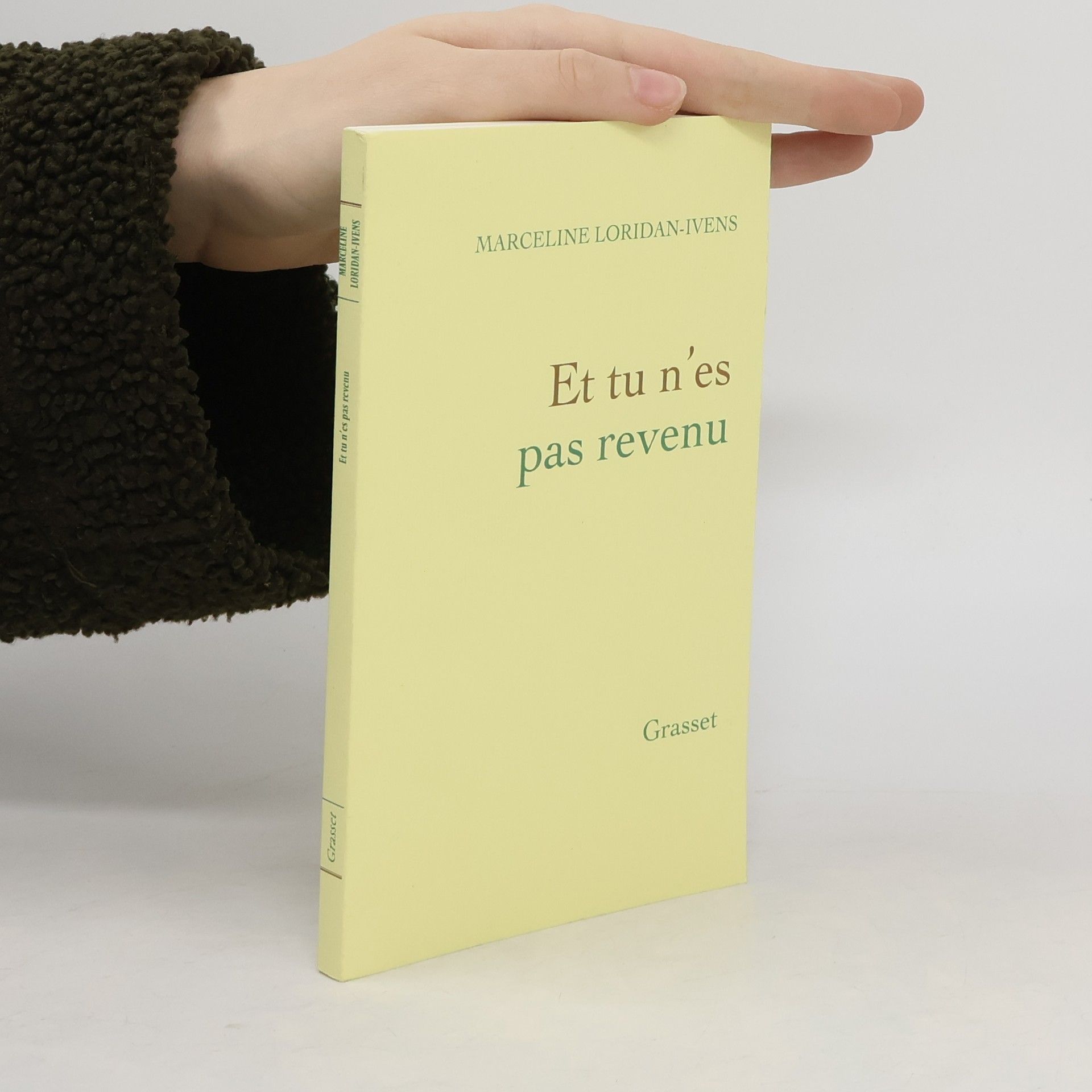Et tu n'es pas revenu. Und du bist nicht zurückgekommen, französische Ausgabe
- 106pages
- 4 heures de lecture
Un récit dans la lignée de ceux d'Elie Wiesel et de Geneviève Anthonioz-De Gaulle qui revient sur l'histoire de Marcelline Loridan-Ivens, déportée dans les camps avec son père.
